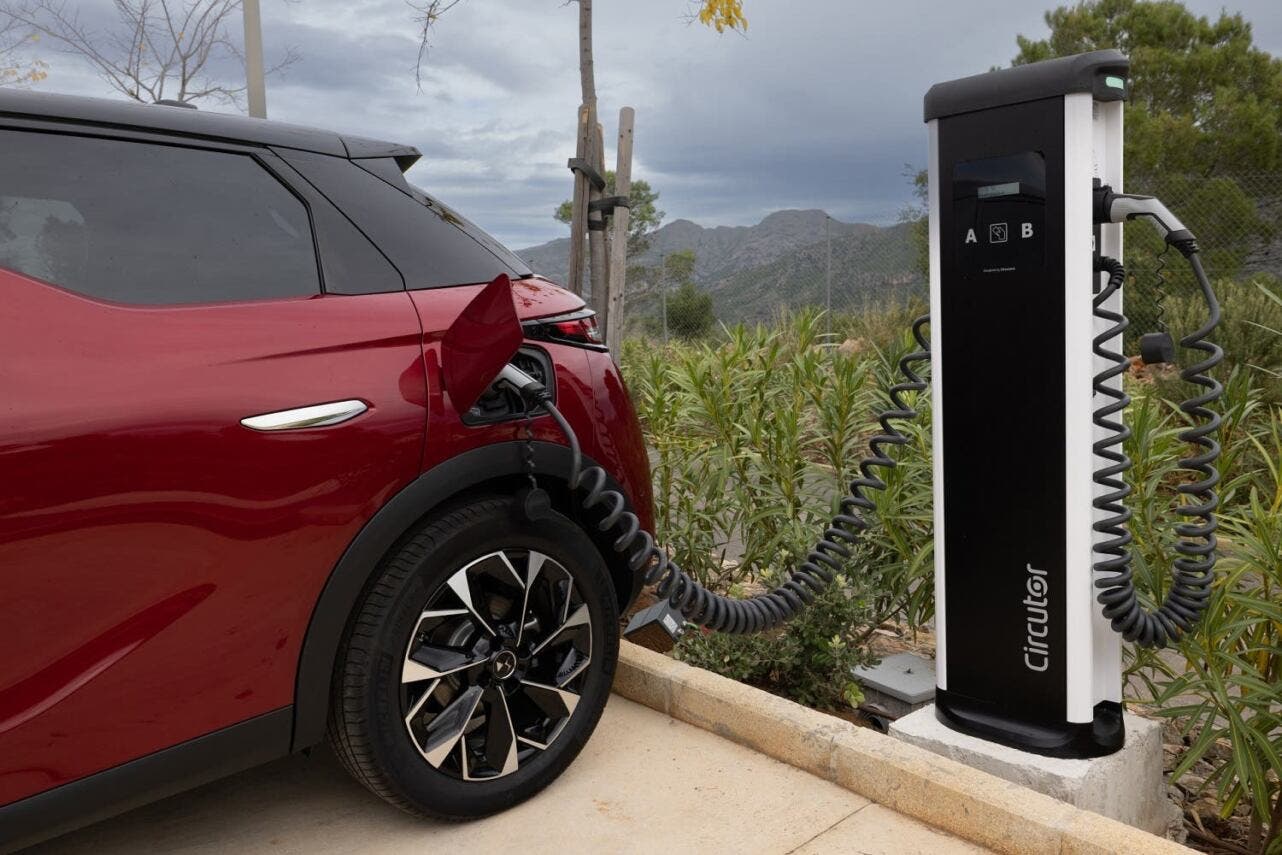EV Clinic, a company specializing in electric vehicle repairs, recently published a series of posts about Stellantis group products, using vivid and sometimes provocative language. In their comments, the company questions not only the design philosophy of electric cars from the group led by Carlos Tavares but also the business decisions regarding collaboration with third parties for repairs outside the authorized network.
Stellantis: their EVs are almost impossible to repair according to EV Clinic

On October 30th, the company shared a particularly critical post on X (formerly Twitter) about the Stellantis group and their electric vehicles. “If you drive a Stellantis car, may God help you,” were the words chosen by EV Clinic to express their dissatisfaction. The company has chosen to publicly address issues related to Stellantis vehicles, and this message appears to be just the beginning of a series of complaints.
EV Clinic has highlighted, through a series of statements and technical reports, a “concerning lack of attention” in the design and management of after-sales service for the group’s electric cars. These issues appear to conflict with the principles of the new ELV regulation, which supports vehicle circularity and repairability, avoiding the need to immediately replace them with new models.
The company claims that Stellantis’ lack of information access compromises the right to repair electric cars, reducing their reliability and sustainability. Despite European regulations requiring transparency, Stellantis does not provide necessary data for repairs. The company has reported difficulties in receiving approval for access to tools and diagrams, while competitors like Tesla provide immediate access.

EV Clinic emphasizes that Stellantis’ insufficient support also affects official workshops, which lack adequate training and diagnostic tools. This leads to a replacement rather than repair approach, increasing costs for customers. For example, a DS 3 E-Tense required the replacement of its electric motor and inverter after just 20 months, costing €12,500. Additionally, many components, such as inverters, are designed to be non-repairable.
Spare parts availability is an issue, with wait times ranging from 2 to 6 months for electric vehicle owners. However, the implementation of the ELV regulation and adoption of the SERMI scheme should improve information access for independent workshops.
